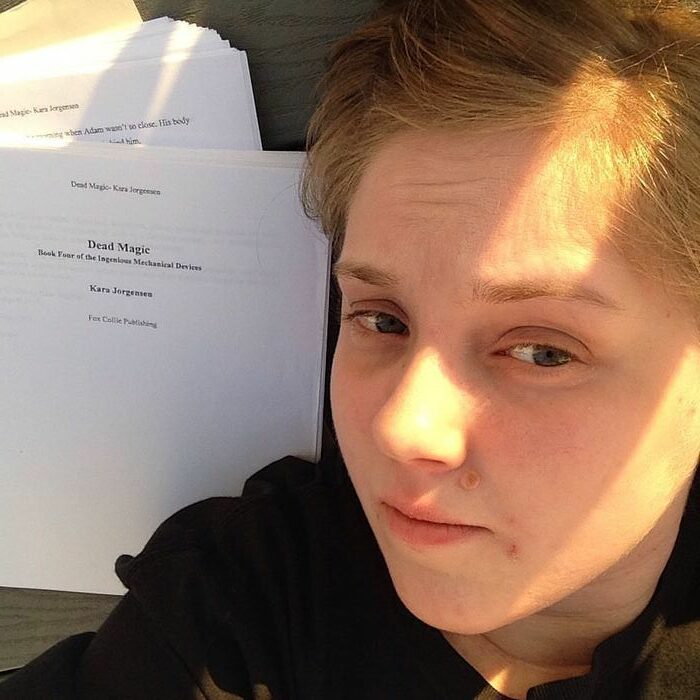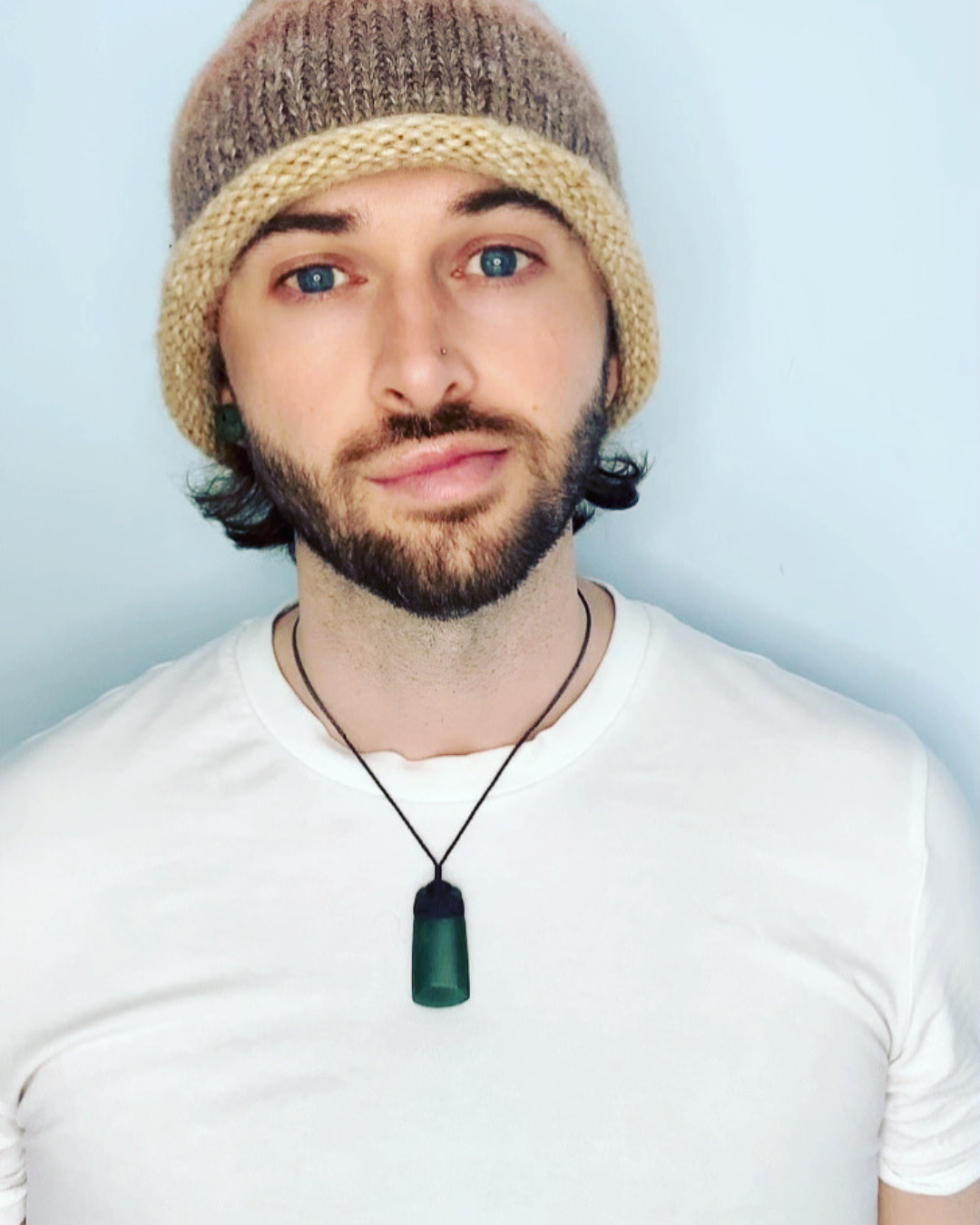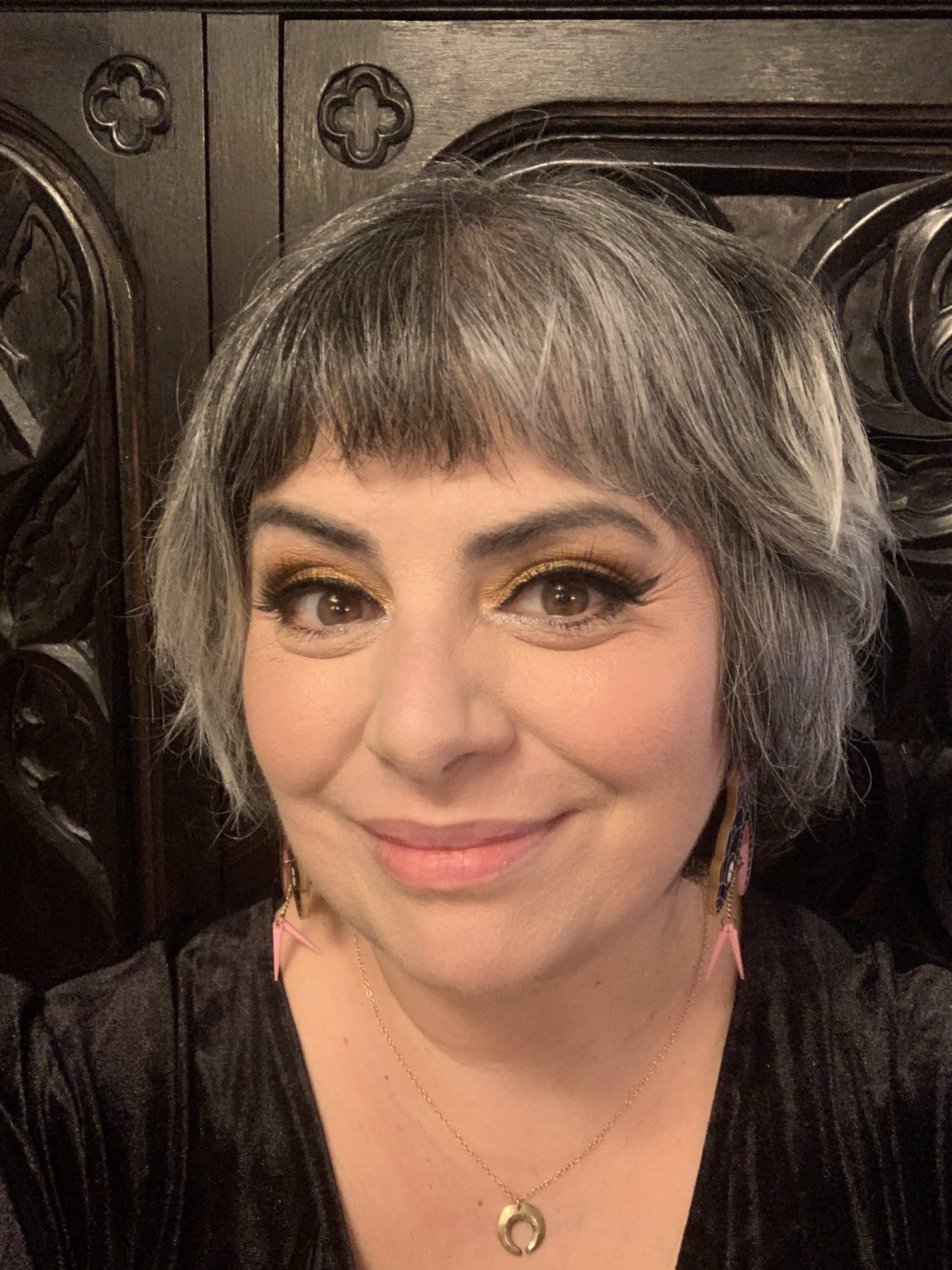
by Jason Kivela | Nov 15, 2023 | Blog
Kara Jorgensen (they/them) is a queer, nonbinary oddball with a penchant for all things antiquated, morbid, or just plain strange. While in college, they realized they no longer wanted to be Victor Frankenstein but instead wanted to write like Mary Shelley and thus...

by Jason Kivela | Oct 24, 2023 | Blog
Rory Michaelson (they/them) is the author of the multi-indie-award winning Lesser Known Monsters books, a queer dark fantasy series with a diverse found-family cast. Rory is always too busy but rarely doing the things they ought to be. They are generally a solitary...

by Michele Kirichanskaya | Aug 24, 2022 | Blog
Holly Black is the #1 New York Times bestselling and award-winning author of speculative and fantasy novels, short stories, and comics. She has sold over 26 million books worldwide, and her work has been translated into over 30 languages and adapted for film. She...




